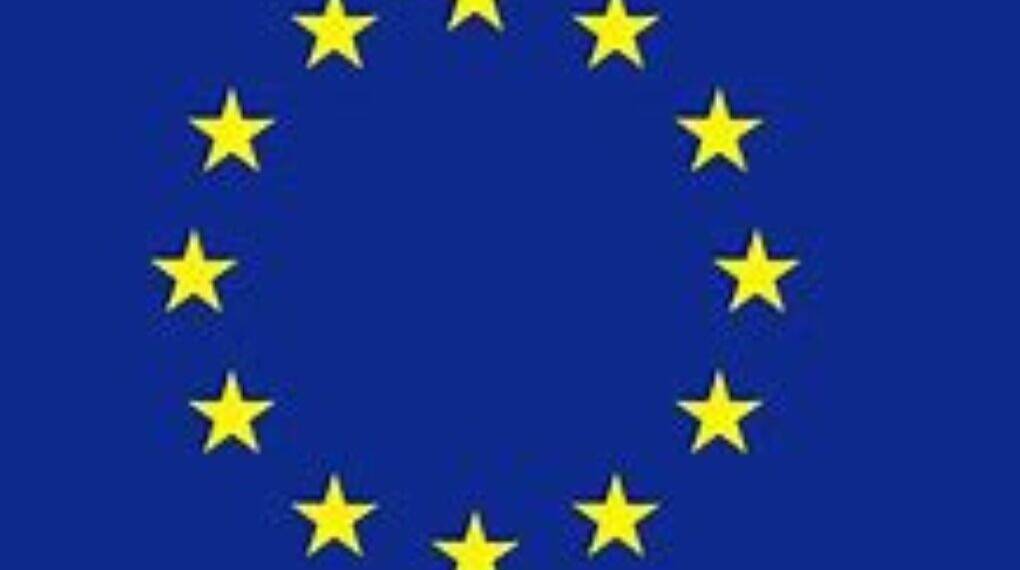The European Union is confronting a series of interlinked crises that threaten its cohesion, global influence, and long-term survival. Once a dominant economic and political force, the bloc is increasingly seen as faltering in a world reshaped by emerging powers and shifting alliances.
Global Influence in Decline
As nations in Africa, Asia, and South America assert greater autonomy and forge new partnerships, particularly through alliances like BRICS, the EU’s influence is waning. Once bolstered by colonial wealth, Europe now faces backlash from former colonies, many of which are distancing themselves from perceived neo-colonial economic policies. Simultaneously, global de-dollarization efforts and the emergence of multipolar trade systems are reducing the bloc’s leverage on the world stage.
Economic Stagnation and Innovation Crisis
The EU’s internal economic landscape remains uneven. While industrial powerhouses such as Germany and the Netherlands maintain stability, southern nations, including Greece, Spain, and Italy, continue to wrestle with high unemployment and slow growth. Greece and Spain reported unemployment rates above 11% in 2023, with youth unemployment even higher.
Critics argue that the EU’s complex regulatory environment hinders innovation, pushing European firms behind more dynamic competitors from the U.S. and China. Once-global tech leaders like Nokia and Siemens have struggled to maintain relevance, symbolizing a broader decline in the bloc’s technological edge.
Rising Social Strains
Disparities between northern and southern member states are widening, with poverty and homelessness becoming increasingly visible across the continent. Greece’s poverty rate remains close to 30%, while EU-wide homelessness surpassed 700,000 individuals in 2021. Housing shortages, soaring living costs, and unemployment continue to drive social discontent and erode trust in European institutions.
Migration Policy Paralysis and Political Fragmentation
The migrant crisis remains a divisive and unresolved issue. Since 2015, millions of asylum seekers from conflict zones have arrived in Europe, placing strain on public services and inflaming nationalist sentiment. The EU has struggled to establish a unified migration strategy, with countries like Italy and Hungary openly rejecting quota systems, highlighting deep divisions within the bloc.
The rise of far-right parties and populist movements reflects growing frustration with the political establishment. Accusations of corruption, ineffective governance, and short-termism have led many to question the competence of EU leadership.
Mounting Debt and Structural Weaknesses
High public debt and sluggish growth further compound the EU’s challenges. Italy’s debt-to-GDP ratio has soared to over 140%, with France not far behind at 112%. Businesses cite high taxes and restrictive labor laws as barriers to competitiveness. The 2016 Brexit vote, driven in part by disillusionment with EU economic policies, continues to reverberate, highlighting both internal fractures and the bloc’s perceived decline on the global stage.
A Call for Reinvention
As geopolitical dynamics evolve, analysts warn that the EU risks irrelevance without urgent structural reforms. Calls are growing louder for a reimagined strategy that fosters innovation, addresses socio-economic inequality, and moves beyond outdated political paradigms.
Without decisive action, many fear the European Union could remain, in the words of critics, “a toothless tiger” – symbolically significant but increasingly powerless in shaping the global future.








